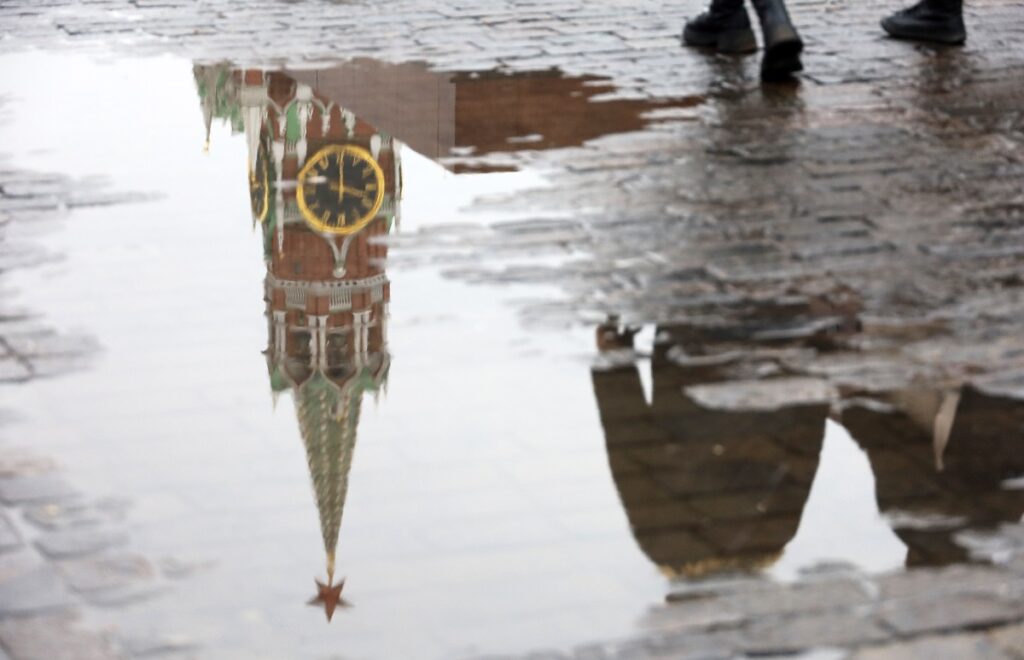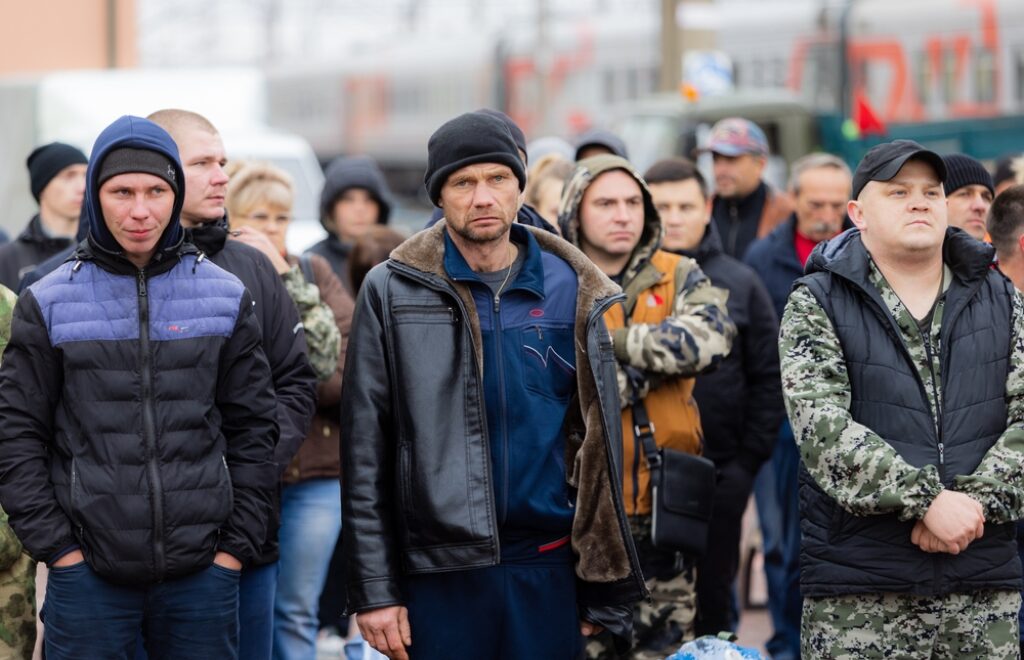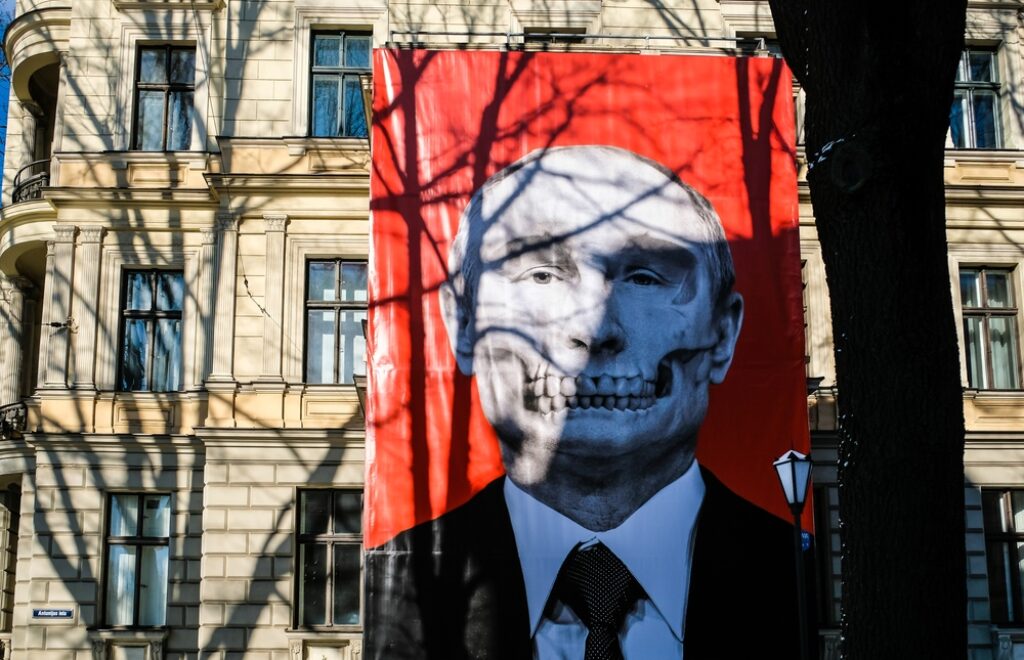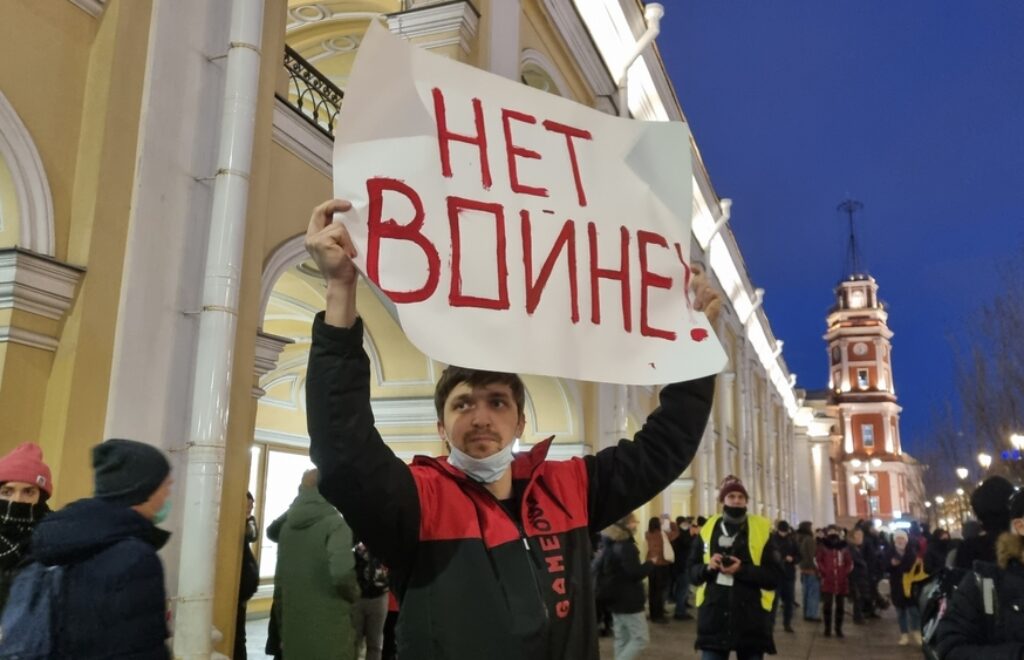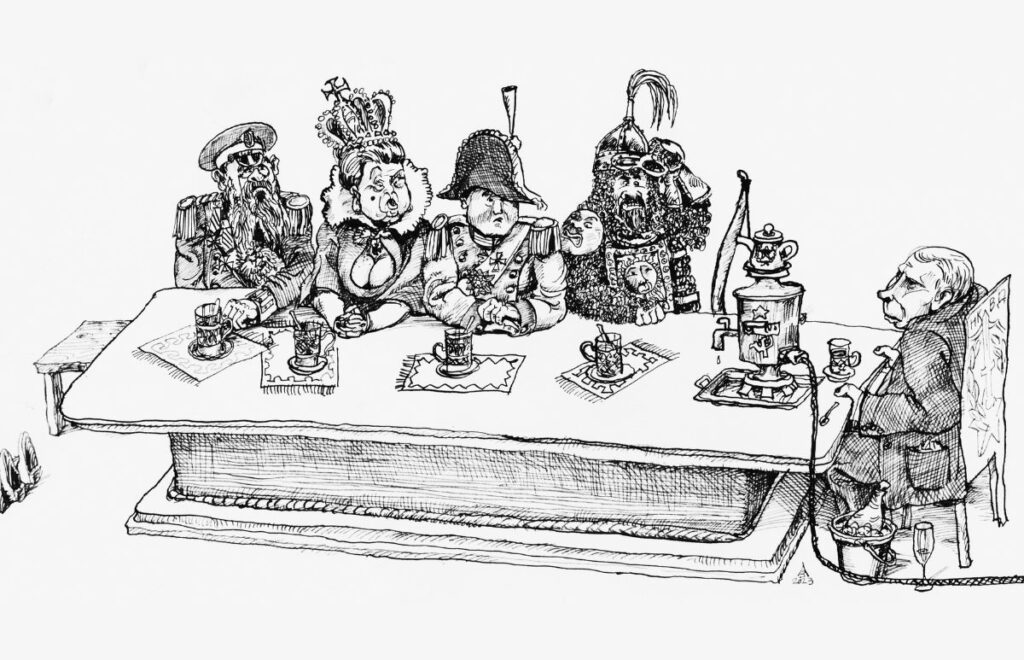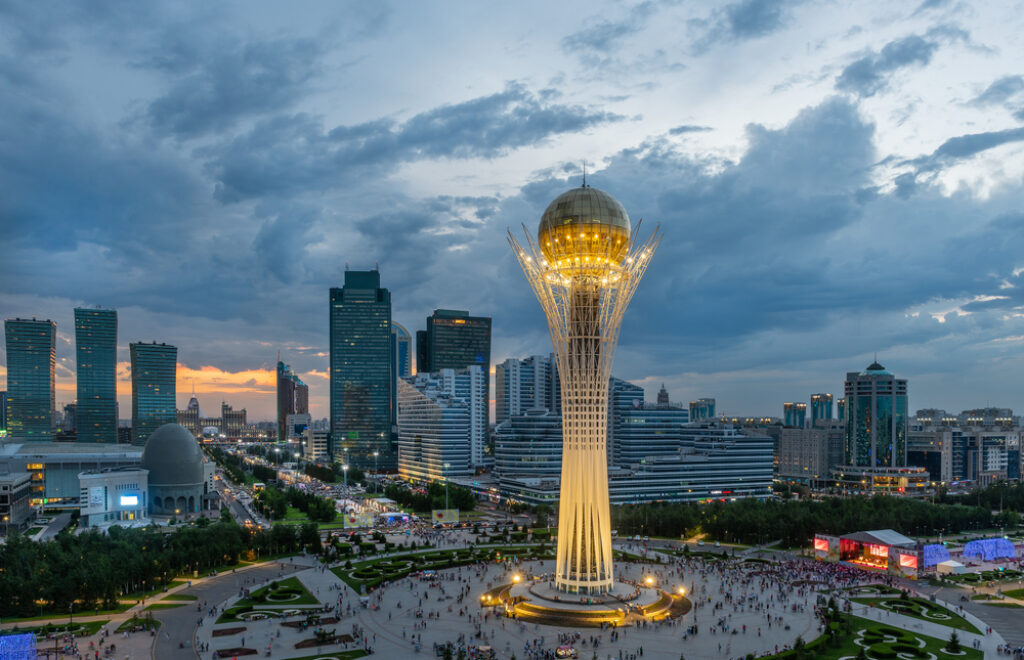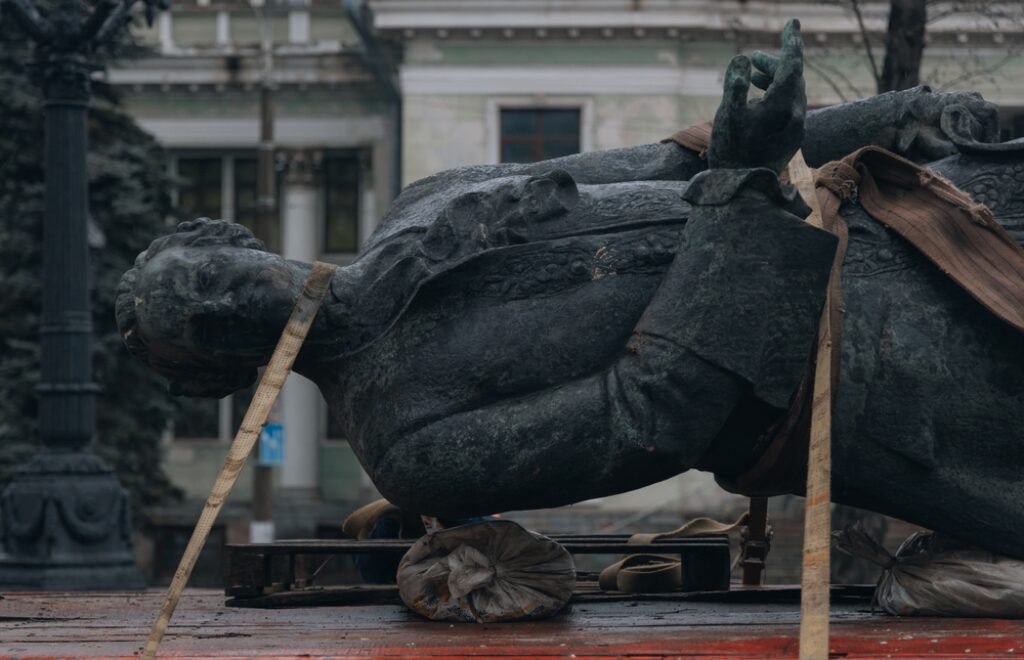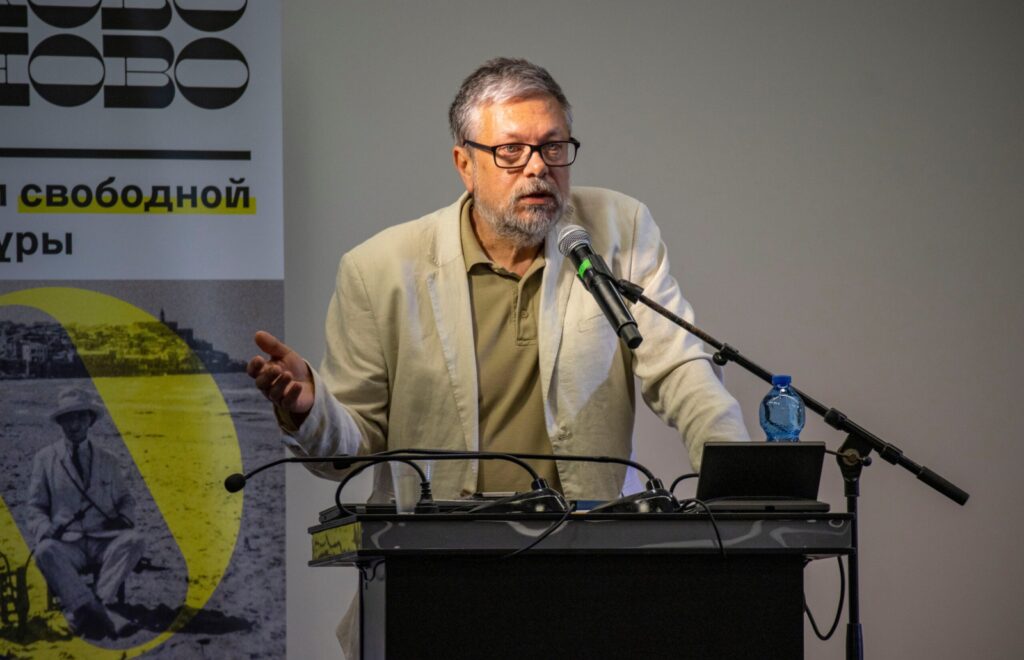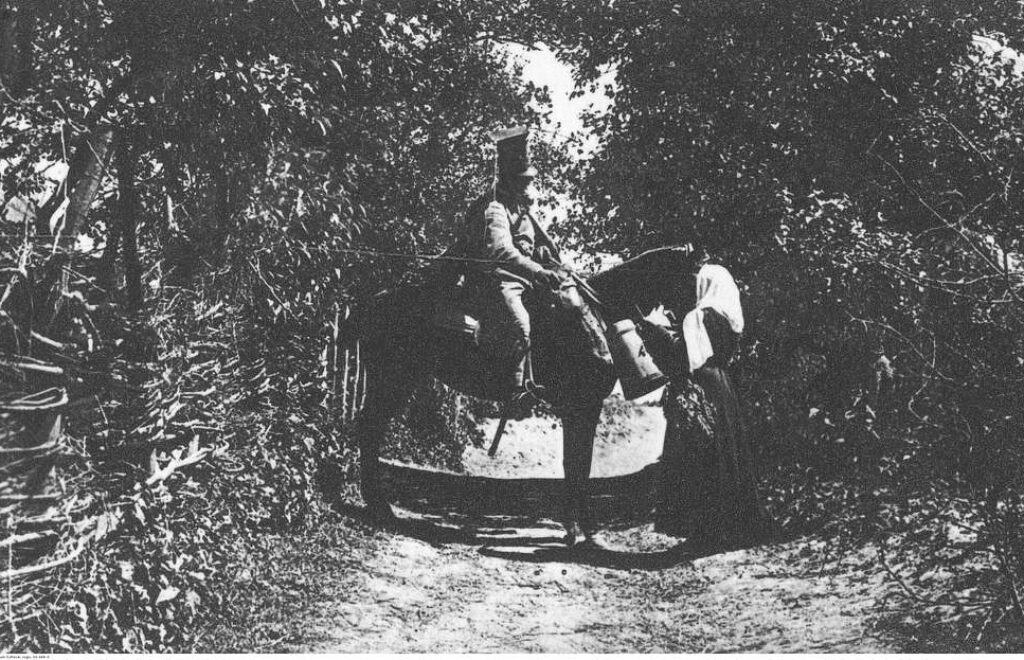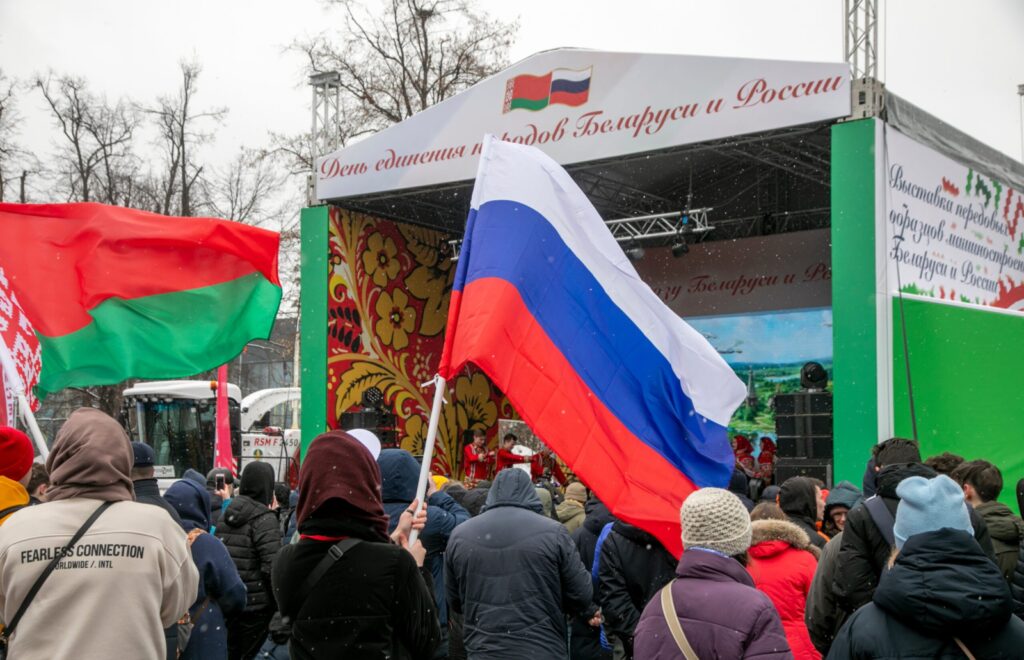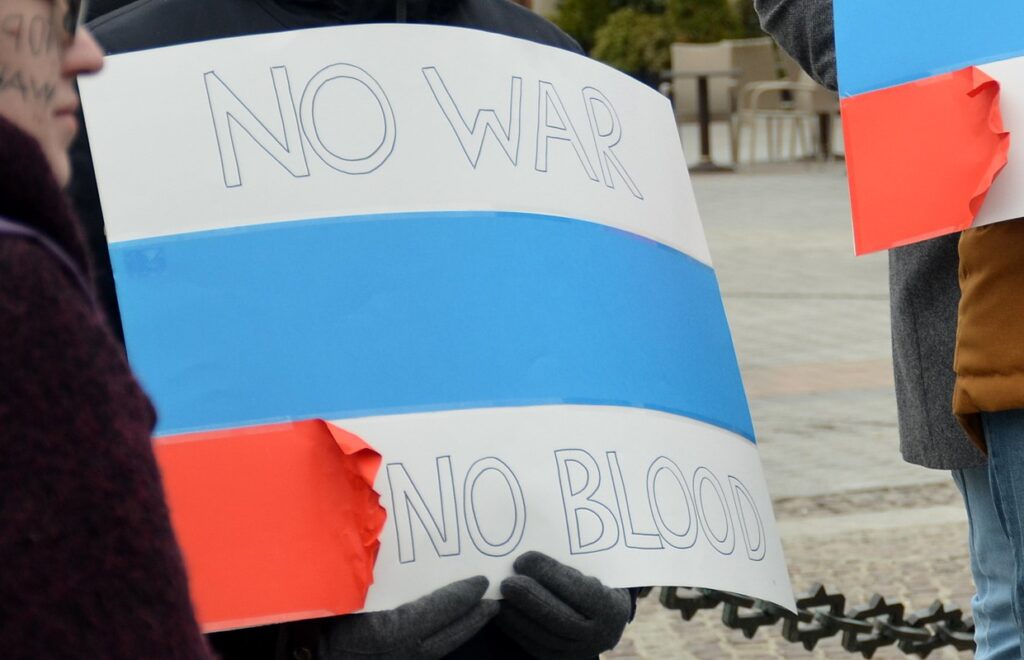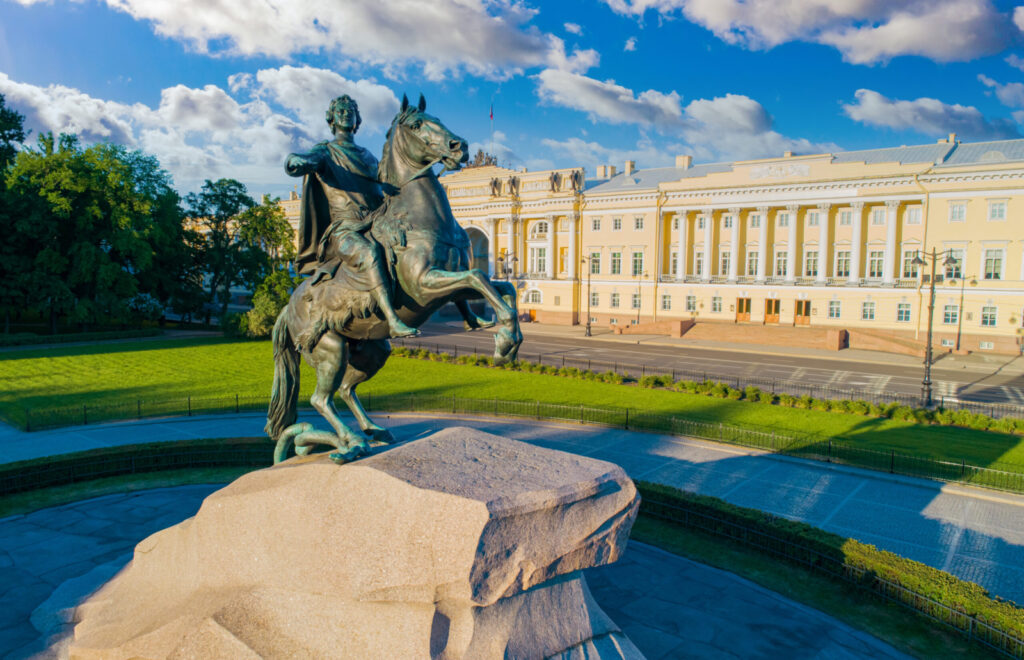From demilitarisation to “satanisation”
“The collapse of the Soviet Union was the greatest geopolitical catastrophe of the 20th century,” said Vladimir Putin in 2005. These infamous words were a sign that a political change had taken place in Russia. It marked a departure from the not so successful attempts at democracy building in the 1990s towards the path of authoritarianism. In that very same speech, however, Putin also declared the responsibility of the Russian Federation to protect Russian-speaking populations outside Russia, which was later used as the key argument to start aggression against Ukraine.
April 29, 2023 - Wojciech Siegień


